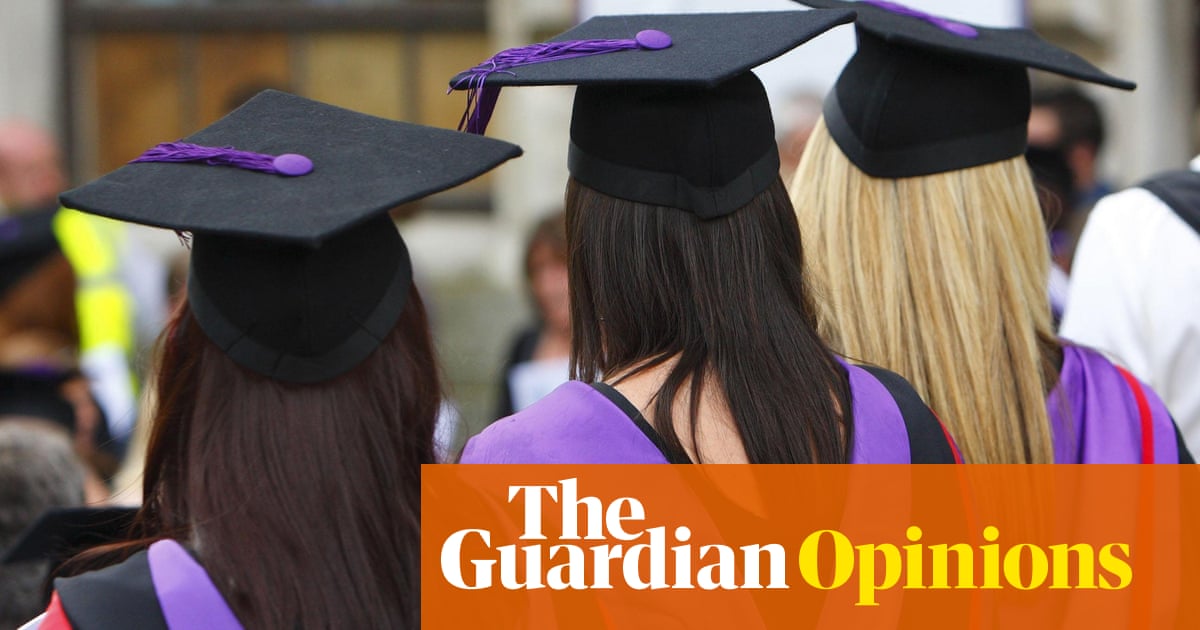Strong hints that a rebranded “youth opportunity scheme” will top the EU’s wishlist atnext month’s EU-UK summitare good news for anyone who regrets the diminished travel opportunities that were one result of Brexit. Rising expectations ofnew European train routes– possibly including direct trains from London to Italy – can only add to the appeal of a potential rule change.
There were more consequential impacts of Brexit than restrictions on travel. The disruption of trade, which is predicted by the Office for Budget Responsibility to cause a4% reduction in long-run productivity, is far more significant economically.Drug shortagescontinue to create risks to people’s health, and cause problems for doctors and pharmacists. Cancer research and trials have also been badly affected, according to a new report, because of the increased difficulty of attracting scientists and funding.
But the cancellation of the UK’s membership of the Erasmus student exchange programme, the removal of the automatic right for UK citizens to work in EU countries (and the reciprocal right for EU citizens), and the erection of numerous other obstacles to travel, have together made for a big change in the cultural weather. Collectively, and as Brexiters intended, we have become morecut off from our neighbours.
Spending extended periods in Germany, Spain, France or another EU country was never something that most young adults did. Yet in 2019-20almost 17,000 UK studentsand trainees undertook placements under Erasmus, while 22,000 European young people came for similar stays in the UK. Theresa May proposed a youth exchange scheme as part of her Brexit agreement. This was dropped under Boris Johnson. But since foreign travel is widely regarded as one of life’s great pleasures, and most people want the next generation to thrive, it is not surprising that a recent poll found 66% of the British public arein favour of relaxing the rules– including large majorities in Brexit-voting areas.
Partly owing to the powerful pull of London, and the wish of millions of European young people to learn English, EU governments arekeen to rebuild arrangementsso that more young people have the chance to live in the UK. But when proposals for a new agreement were floated by the European Commission last year, they werebriskly shut downby both Rishi Sunak, who was prime minister at the time, and Labour. Diplomats have learned from this and engaged in some tactful rephrasing. Rather than “mobility”, which is thought to evoke echoes of free movement, any new scheme will beframed around “opportunity”. This would involve a special visa allowing citizens, probably up to age 30, to work or study abroad for up to four years. While the UK government has already shown an interest in bilateral schemes, it appears that the EU will negotiate any deal as a bloc.
Particularly given therecent actions of the Trump White House, the UK ought to be seeking strengthened economic and political ties as well as cultural ones. Hurdles to cooperation on science and medicine must be cleared away. The renewal of a youth exchange scheme might seem unimportant by contrast. But while it would not be utterly transformative, at a time of geopolitical tumult, its importance shouldn’t be understated. Sir Keir Starmer should embrace the idea without delay. There is no easier way to signal that he is serious about closer cooperation.
